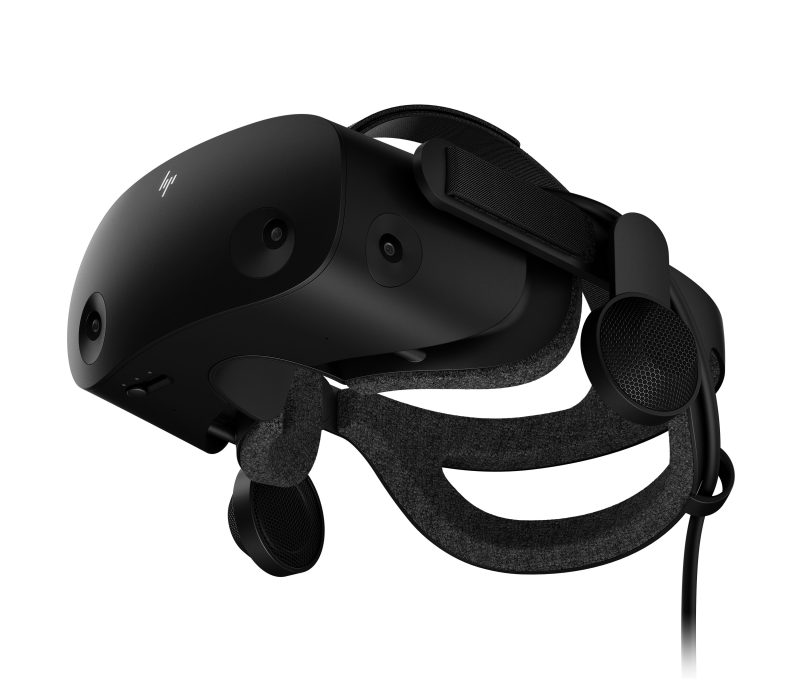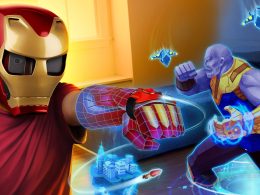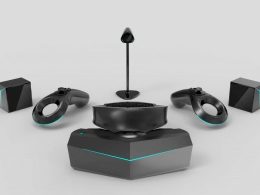With the HP Reverb G2, HP is launching a new VR headset that is reminiscent of its predecessor, the HP Reverb G1. The main difference: this time even Valve and not only Microsoft was involved in the development. We were already able to talk about the Reverb G2 during a webcast meeting with HP from the USA. The glasses are interesting in any case, even if we are not likely to see them on the market until a little later. We have a first assessment for you.
Gamers and creatives as the main target group
HP justifies its decision to push another VR headset with the increasing uses of VR technology. Based on market researchers, HP does not doubt that gaming is still a driving force. The second main area of application for the PC manufacturer is in the field of creative tools, for example for users who want to expand their workspace in order to work with several virtual screens or to view objects more quickly from several angles. Corona-related, HP is of course also taking advantage of the home office argument, as more meetings are taking place virtually and VR is also jumping into the niche among designers and engineers in collaborative tools, for example for viewing 3D projects together. An educational approach, in which VR services would cover more and more learning aspects, is also emerging.
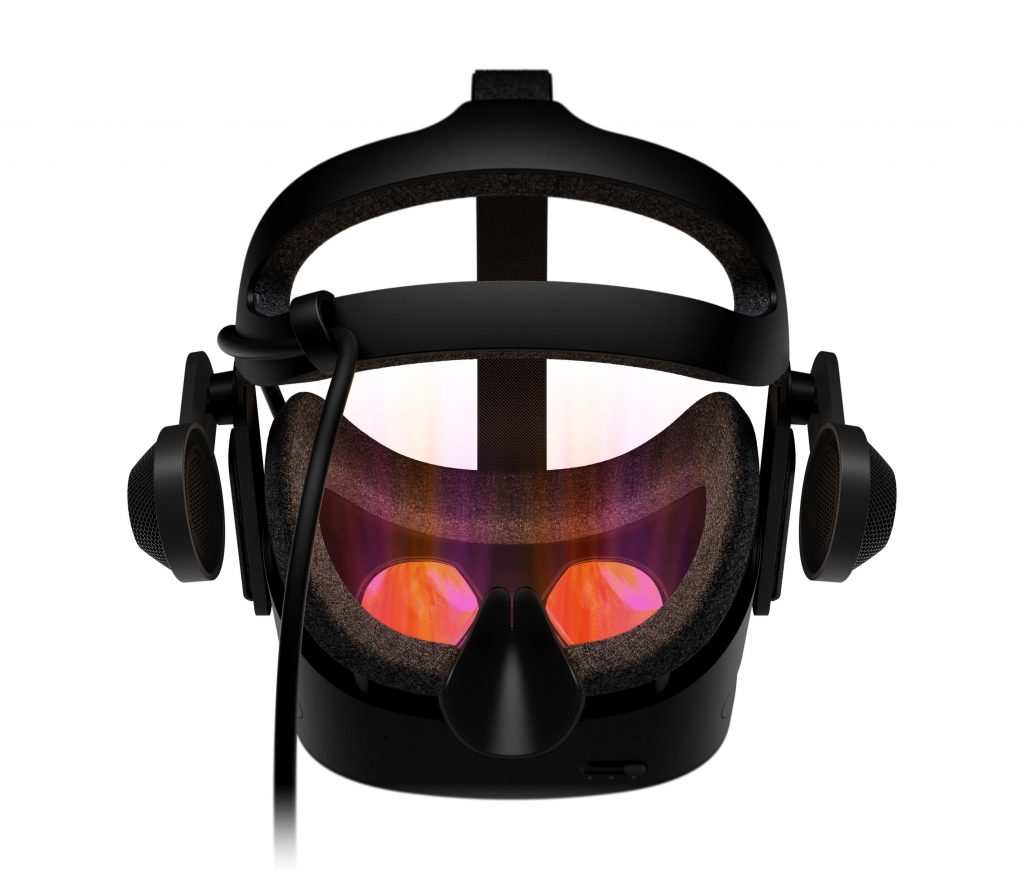
2K display resolution and new lenses
The resolution of the newly ground lenses is left at 2160 × 2160 pixels per eye. HP is still proud of the very sharp LCD-based VR image. In contrast to the predecessor, however, a huge boost in contrast and brightness is noticeable.
"You'll be surprised," insists John Ludwig, HP's senior VR product manager. It's like looking right into the VR world, he said, alluding to the new shape of the lenses, to which, however, no Valve Index dioptre correction lenses will be compatible.
During the development phase, HP also paid a lot of attention to optimising the resolution in angular areas. As a partner, Valve contributed its entire know-how and calibrated the new setting from scratch, says HP. The viewing angle remains large at 114 degrees. However, the Valve Index as a premium headset with the more complex lighthouse tracking can still top the viewing angle of the newcomer by 20 to 30 degrees.
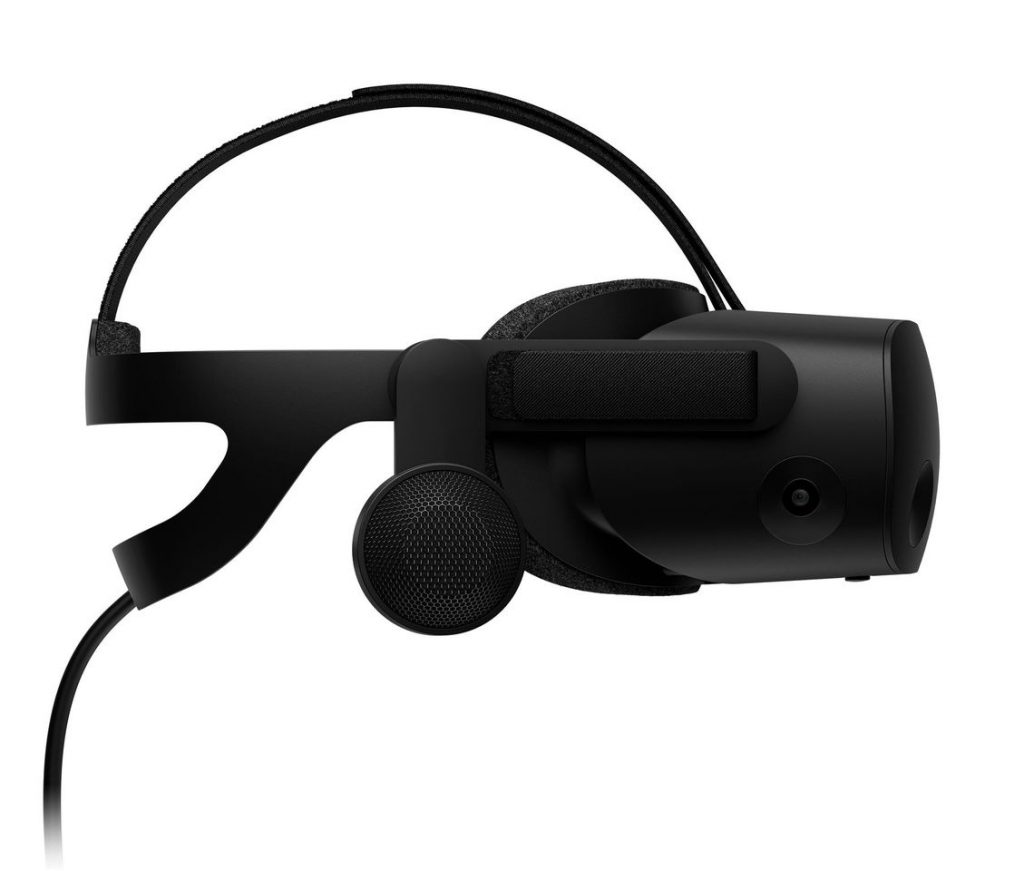
Four cameras for 6-degree freedom of movement
Keyword: tracking. HP has also made improvements here and now gives the Reverb G2 four front cameras instead of just two to enable freedom of movement in six degrees (6DoF). According to the product manager, the improved tracking is now so good that the motion tracking feels very natural even in longer games like "Half Life: Alyx". As with the Oculus Rift S, Oculus Quest and previous Windows Mixed Reality glasses, HP's Reverb G2 is based on inside-out tracking, which does not require sensors to be set up to detect movement. To help new users quickly find their way around, HP (like Samsung) has sponsored a visual-haptic refresh for the Windows Mixed Reality controllers.
The analogue sticks have been improved in this respect. Instead of a touchpad, there are now buttons. The button layout and the typical X-/Y or B-/A buttons have also been modelled on the buttons of the Oculus Rift. The VR grippers are compatible with other Window Mixed Reality headsets. Conversely, the previous standard WMR controllers could not be used with HP's new headset in case one broke.
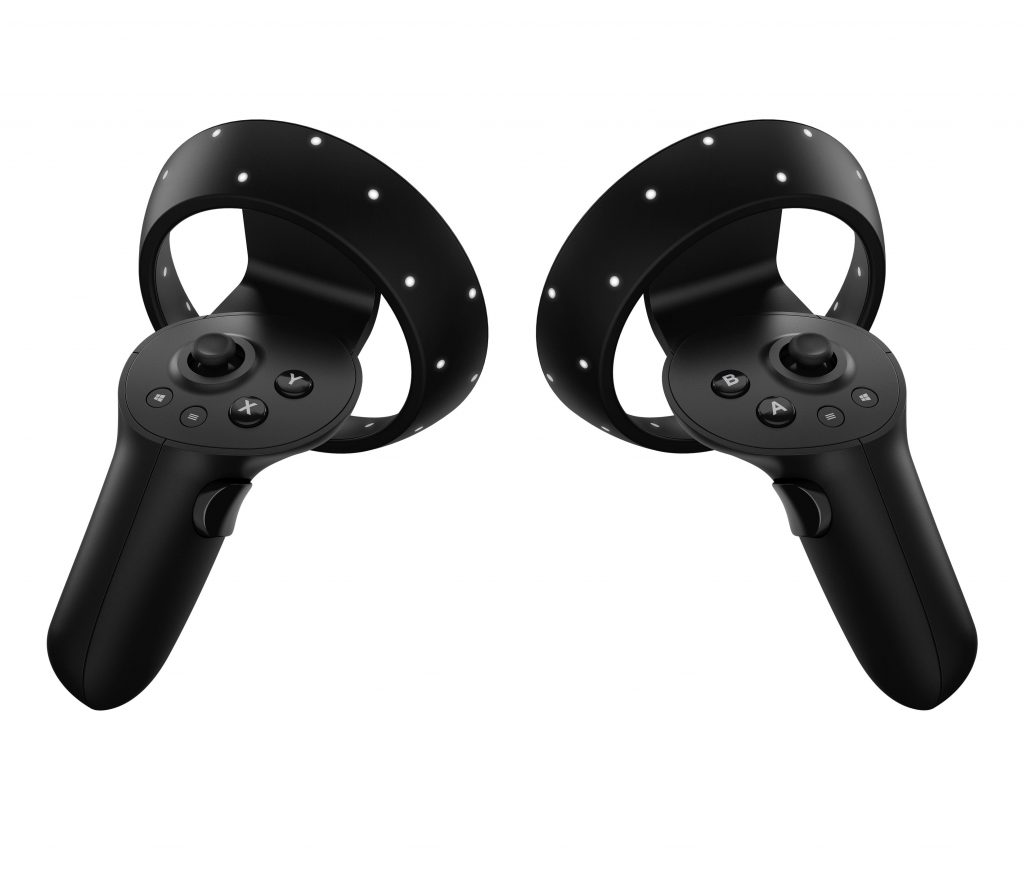
Audio by Valve and improved headstrap
As with the Valve Index, users can now also look forward to good spatial audio with HP's new glasses. No wonder: the same audio speakers have been integrated, which do not rest directly on the ears and already convinced us with the Valve Index with a very bass-strong and "full audio spectrum". If you want to mount other headphones, you would have to switch to a wireless system, as there is no 3.5 mm jack. There is also an IPD control on board to physically adjust the distance between the eyes. The head strap has also been improved so that the glasses can be folded up or taken off more quickly and comfortably, so that users who use VR for work purposes can quickly find their way from VR to reality and vice versa.
What to make of HP's Reverb G2?
Technically, HP's new headset is somewhere between the Oculus Rift S and the Valve Index. The fact that HP has already proven good wearing comfort with previous headsets has at least already convinced us with HP's first Windows Mixed Reality headset. At the time, it was one of the most comfortable entry-level Windows VR glasses. When it comes to the audio criterion, Valve's speakers are certainly more than just a nice bonus: an upgrade that packs a punch. Personally, I find the IPD control very important, as the first WMR headsets did not yet accommodate one. The Rift S also only allows regulation via software, which can sometimes lead to distortions or inaccurate sweet spots: especially for people with very wide eye relief. The AA batteries of the WMR controllers sometimes only lasted for one evening of gaming. I will certainly be interested to see whether the energy management of the new light controllers has been improved somewhat.
Update, 11:00: The HP Reverb VR Headset G2 is scheduled to hit the Swiss market in autumn at a price of just under 650 Swiss francs. Pre-orders are expected to be possible from July.
What should one make of the price? In the USA, Valve's Index still costs at least 1000 US dollars (without Lighthouse Basestations). The somewhat older, outdated WMR glasses are now being thrown at you for 250 francs and an Oculus Rift S or a Quest still costs around 500 francs. Seen in this light, the Reverb G2 could turn into a very interesting product as "better entry VR glasses" for gamers who are already well-heeled with very good PC hardware but perhaps don't have as much space for a more elaborate set-up with laser stations. In addition, many Oculus-exclusive games can of course be played well on Windows Mixed Reality as well as on the HTC Vive and Valve Index via the Revive tool, which would now also benefit the new HP controller depending on the button mapping.
One of the journalists also asked HP John Ludwig which glasses he himself preferred at the moment, given the wide spectrum from low-end to high-end. He replied with a laugh that every father loves his own child, of course. He especially enjoys the high resolution and would therefore naturally choose HP's Reverb G2.
We will see what HP's Reverb G2 is capable of in practice as soon as the first test devices are available. We will keep you up to date.





